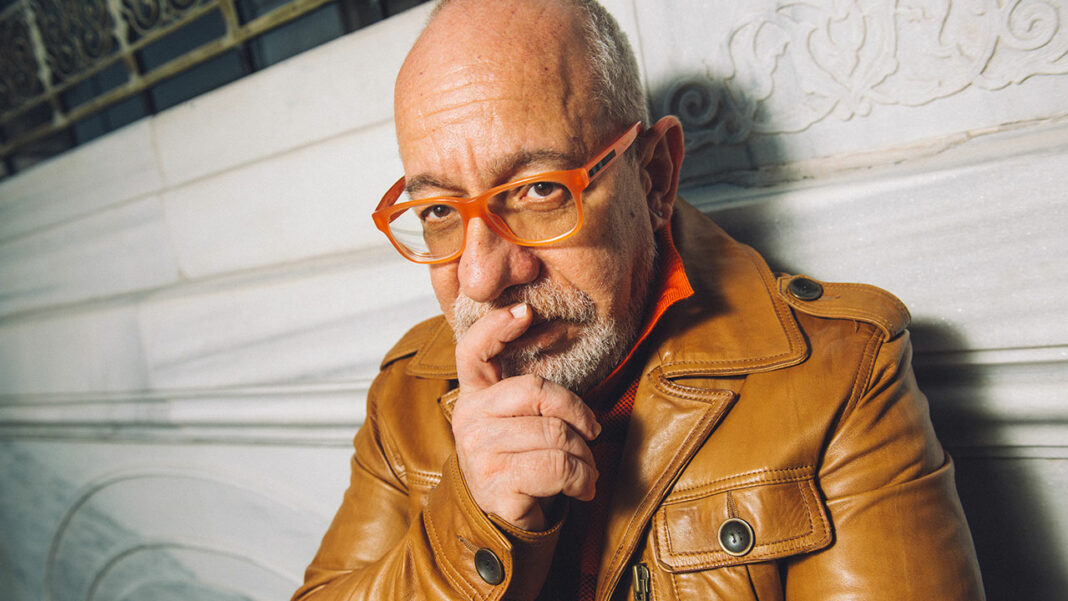Mario Levi, a Turkish-Jewish writer, journalist and professor of communications, died in the early hours of Wednesday at the age of 66, the Buart Art Studio announced on the X social media platform.
“We are deeply saddened by the loss of our dear professor, the sensitive and powerful pen of our literature, the unique individual, our beloved Mario Levi. … We extend our condolences to all his loved ones and family,” they tweeted.
There was no information about the cause of Levi’s death, but some reports said he had been receiving treatment for cancer.
Canım hocamız, edebiyatımızın duygulu ve güçlü kalemi, eşsiz insan, bir tanemiz Mario Levi’yi kaybetmenin derin üzüntüsü içerisindeyiz.
Edebiyata, bizlere kattıkları için minnettarız..
Tüm sevenlerine ve ailesine başsağlığı diliyoruz. pic.twitter.com/A937jKXkPS— Buart Sanat Atölyesi (@BuartSanat) January 31, 2024
Levi, who graduated from St. Michel French High School in İstanbul in 1975, completed his undergraduate studies in French and romance philology at Istanbul University in 1980.
He wrote his first short story in 1975. After 1984 Levi contributed articles to various publications in Turkey such as the Şalom Jewish weekly and many Turkish newspapers and magazines in addition to writing more than 15 books.
In one of his interviews Levi said he could have written his books in French, which would have helped him reach a broader audience and make him a “world-known writer” but that he took the difficult way out by choosing to write in Turkish.
“This developed spontaneously. I feel at home writing in Turkish,” he said.
In 1986, he published his first book, titled “Jacques Brel: A Lonely Man,” followed by his initial collection of short stories, “Not Being Able to Go to a City,” in 1990, for which he received the Haldun Taner Short Story Award. Levi garnered acclaim with his second work, “Madame Floridis May Not Return,” in 1991, and his debut novel, “Our Best Love Story,” in 1992.
His famous book, titled “Istanbul Was a Fairy Tale,” which Levi wrote between 1993 and 1999, secured him the Yunus Nadi Novel Award in 2000. In this book the author spoke of how 500 years of exile had imprinted identity-shaping memories on Turkey’s disenfranchised Jewish community.
In an interview with The Times of Israel in 2013, Levi said as both a Turkish national and a Jew, he found it hard sometimes to firmly place an allegiance to either Turkey or Israel, given the rocky relationship that had evolved between the two countries.
“In terms of my national identity though, I do feel very much Turkish. But I also have a Jewish identity that I appreciate immensely,” he said.
In the same interview Levi also talked about the difficulties of growing up in a predominantly Muslim country as a Jew.
“It was difficult just because of my name. When I was in my primary school I suffered a lot of anti-Semitism, from both my teacher and my classmates. I have never forgotten that. Even today there are still definitely discriminations against Jews in Turkey. They are not official but they are still there. From time to time I have to admit that I do face some embarrassing situations as a Jew in Turkey.”
Levi released his latest book in 2022.


